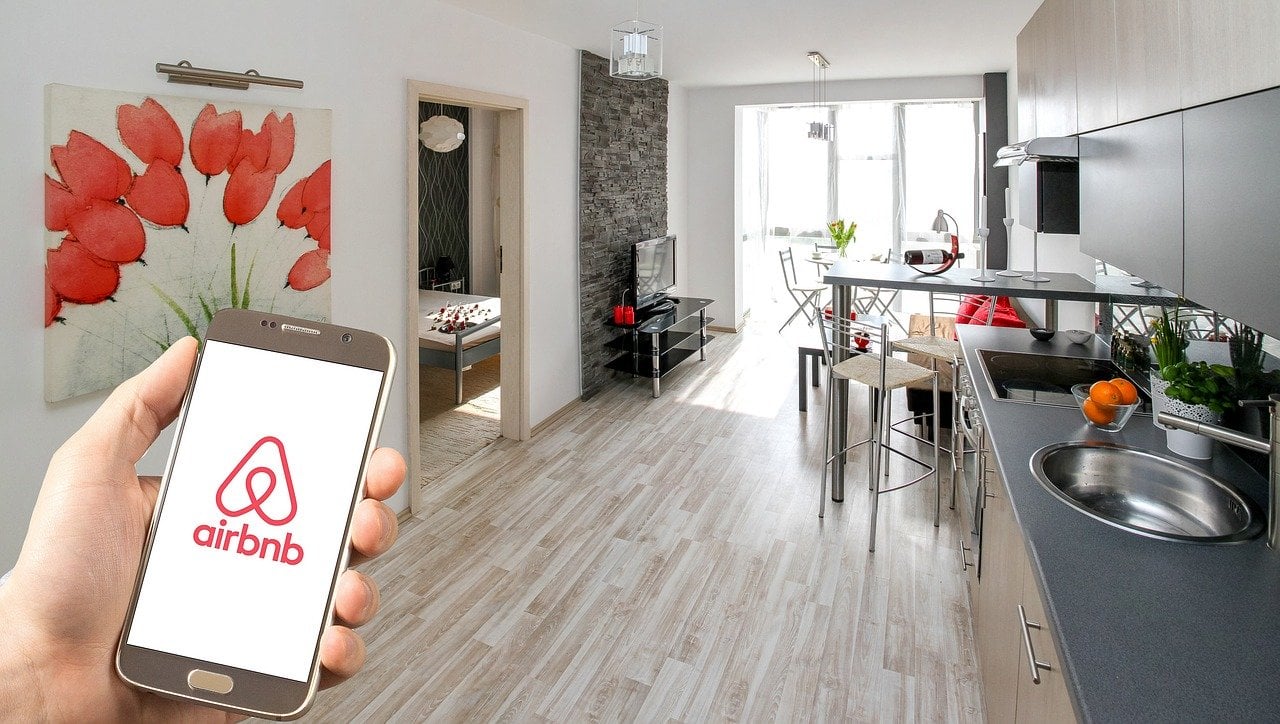Lodging giant Airbnb Inc (NASDAQ:ABNB) has announced it will close its listings in China as the last two years of lockdowns in the country have spawned a decline in business. Higher operational costs and logistics constraints have prompted the company to make the decision.
Shutting Down
As reported by CNN Business, Airbnb will remove its listings in China as of the summer but will continue to operate with a focus on outbound travelers from its Beijing office —with the help of hundreds of employees that will keep their positions.
Q1 2022 hedge fund letters, conferences and more
The company’s decision is based on how COVID-19 lockdowns in several key cities have impacted several businesses, from consumer goods and tourism to Big Tech.
The Asian giant has grown stalwart in its “zero-covid” policies, prompting other companies such as Apple Inc (NASDAQ:AAPL) and Estee Lauder Companies Inc (NYSE:EL) to issue warnings over the critical business environment.
CNBC reports that stays in China have represented 1% of Airbnb’s revenue in the last couple of years.
Chief strategy officer in China, Nathan Blecharczyk, said in a social media statement: “We have made the difficult decision to refocus our efforts in China on outbound travel and suspend our homes and Experiences of Hosts in China, starting from July 30, 2022.”
Reconfiguring Business
Sources say that, amid the impact of stringent Covid policies on business, the Chinese market represents a bigger opportunity for the company in terms of outbound travelers —with the overlap between domestic and outbound business not as solid.
Among all the markets in which the company operates, affected by the Covid-related travel restrictions— China has been the slowest to post a significant recovery.
The continuous wave of infections has prompted authorities to lock down entire cities where the company offers its home-sharing services.
The timing for a full reopening of China’s tourist sector is yet unknown, since the government blocked inbound tourist travelers, only allowing people arriving for business or study since 2020.
The tech stocks sell-off has also hit the shares of Airbnb hard, sending them down by over 30% this year, although they are still trading above the company’s 2020 IPO price of $68.






